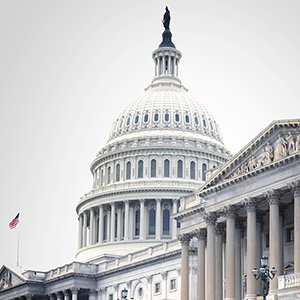
“Today, millions of men, women, and children are victims of human trafficking. This modern-day slavery occurs in countries throughout the world and in communities across our Nation… It is a crime that can take many forms, and one that tears at our social fabric, debases our common humanity, and violates what we stand for as a country and a people.”
–President Barack Obama, Presidential Proclamation–National Slavery and Human Trafficking Prevention Month, 2015
Although January is National Slavery and Human Trafficking Prevention Month, at the Alliance to End Slavery and Trafficking (ATEST) and Humanity United we work year round to fight the heinous crime of modern slavery. As we kick off a new year and a new Congress, this is a moment to look back at the progress made in 2014 and the road ahead in 2015.
We saw a number of successes in 2014 that strengthen policies to combat human trafficking. Federal funding increased to better serve human trafficking victims and support law enforcement efforts to tackle this crime. State governments enacted legislation to improve their anti-trafficking policies, such as California’s new law that protects foreign workers from abuse and human trafficking. And policymakers showed that this is an important issue to them, introducing numerous bills on human trafficking to Congress. Many of these initiatives were not resourced, highlighting that we still have a long way to go to ensure that the adequate implementation of anti-trafficking laws is taken seriously.
Over the coming year, U.S. policies need to recognize that there is no single “face” of modern slavery and help all victims of trafficking. Victims may be farmworkers forced to work for little or no pay, young men and women trafficked for sex, or foreign workers being coerced by recruiters. They may be young or old, men or women, Americans or foreign nationals.
Our government also needs to adopt anti-trafficking policies that are informed by survivors, who are distinctly positioned to identify and propose effective solutions to prevent and end modern slavery. And finally policymakers should strengthen our investment to serve homeless youth by increasing much-needed funding for runaway and homeless youth programs that provide services for those youth who are the most vulnerable to human trafficking in our society.
Fifteen years after Congress passed the Trafficking Victims Protection Act of 2000 (TVPA), survivors still have many unmet needs and trafficking remains far too a big problem in the United States and beyond our borders. We urge the U.S. Government to do more to protect all victims and prevent all forms of human trafficking.